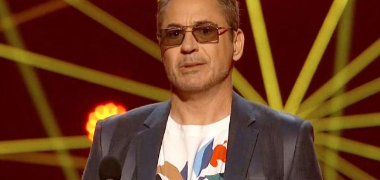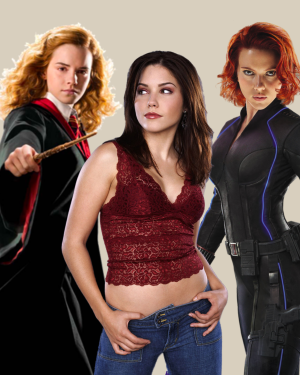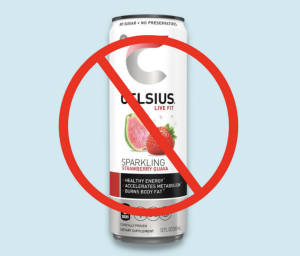Dear, Hollywood. No more remakes.

Robert Downey Jr.
April 5, 2023
If you have taken a film class, chances are you are familiar with Alfred Hitchcock’s “Vertigo.”
Many film critics and historians consider the hypnotic, Technicolor noir one of the greatest films of all-time.
It has received the same treatment as Orson Welles’s “Citizen Kane,” another classic synonymous with all the bells and whistles of a film deemed worthy of scholarly analysis: countless essays, books upon books, anniversary screenings at stuffy repertory theaters across New York and Los Angeles.
So, when I sat down to write about “Vertigo” for a film noir class I took last spring, I was pulling teeth to say something original. My paper was nothing more than an exercise in paraphrasing scholars of decades past; my “voice” was nowhere to be found among the sea of citations which littered its pages.
But if there is one thing Hollywood loves more than movies, it is Hollywood itself — the mythology of making movies. Filmmakers love filmmakers. Just look at a handful of the Academy’s recent Oscar nominees, for example: Steven Spielberg’s “The Fabelmans,” Kenneth Branagh’s “Belfast,” and David Fincher’s “Mank.” In back-to-back-to-back years, films about film have been present at the biggest, self-congratulatory, party in Hollywood, and by no mistake.
Now, Paramount, the studio behind “Vertigo,” is looking to one-up itself, as a remake of the film has been announced.
Robert Downey Jr. will star, presumably as James Ferguson, the peculiar private eye originally played by the late, great James Stewart. Stephen Knight, who is best known for his work on the Netflix series “Peaky Blinders,” will write the film’s screenplay.
At the time of writing, it is unclear who will direct the film, or who will play Madeleine Elster, the famed femme fatale originally played by Kim Novak.
Of course, I can not judge the film until I have had a chance to see it. God, it seems cynical, though. When the golden age of Hollywood is being mined for golden-coated intellectual property, or “IP,” you begin to wonder what — if anything — is off-limits from being remade or spun off. Hell, with Welles long gone, Warner Bros. Discovery just might set its sights on “Citizen Kane.”
And while remaking “Vertigo” may not be as money-hungry of a move as studios pumping out mindless, unjustified sequels, it is still lazy, unoriginal storytelling.
I am sure the idea of working on a remake of “Vertigo,” or any other historically significant film, as the director, as an actor, is attractive. Maybe Downey, who just ended his years-long journey as Iron Man in Disney’s Marvel Cinematic Universe, thinks a serious drama is just what he needs to regain the respect of the industry’s toughest critics.
It must be thrilling, and terrifying, to attempt to emulate Hollywood’s legends — but you are also, undoubtedly, setting yourself up for failure. Because no matter how great Downey Jr.’s performance is, no matter how well-made the film is, the “Vertigo” we end up getting in 2024 or 2025 can not — and will not — stand toe-to-toe with Hitchcock’s original. Sure, audiences may enjoy it, which certainly matters. But critics and scholars will never hold Downey Jr. in the same regard as Stewart, or the director in the same regard as Hitchcock, and why should they? Pretension comes at a price.






